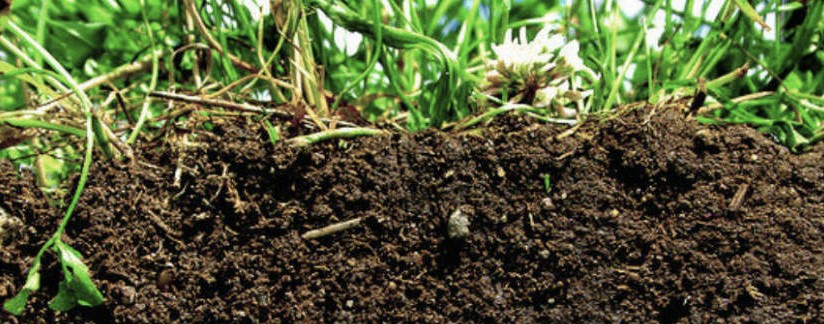Fiona Brennan delivered a few stark messages about our soils as she began to address the Biological Farming Conference – held by the National Organic Skillnet – on Monday (November 12).
Fiona explained that soil is being degraded faster than it can be replaced and a total of 24 billion tonnes of fertile top soil are lost every year across the globe.
While Ireland’s soils are in fairly good condition, the majority of soils are in either fair, poor or very poor condition, according to the Soil and Environmental Microbiology researcher at Teagasc Johnstown Castle.
Fiona listed the challenges facing agriculture at present as the industry strives to feed 9 billion people by 2050 and, while rising fertiliser and energy costs are a challenge, she outlined the importance of understanding the soil and using fertiliser in a sustainable manner.

Fiona Brennan addressing the large crowd in attendance at the Biological Farming Conference in Tullamore
“We need to farm in a way that reduces greenhouse gas emissions, which have doubled in the last 50 years. GHGs are probably one of the foremost challenges facing Irish Agriculture in the future,” Fiona outlined.
“We need to manage our agronomic practices in a way that mean we’re not damaging the environment; that we’re safe-guarding our soils, our water, our bio-diversity and our air quality.
All of this has to be done within the context of an increasingly unpredictable climate.
“It’s important that not only are the agricultural systems producing food of high quality and quantity, but also that these agricultural systems need to be evaluated to see how resilient they are to these climatic extremes, which are going to become more prevalent.
Soil is at the very heart of the solutions to these challenges.
“For those of us that are custodians of soil – be that 0.5ac or 100,000ac – there is a real responsibility for all of us to manage soils in a way to pass them onto future generations in a state that is either equal or better than we received them.
“If we really want to understand soils and soil processes we need to go beyond the traditional disciplines and look at how these traditional disciplines integrate with the soil biology.”
